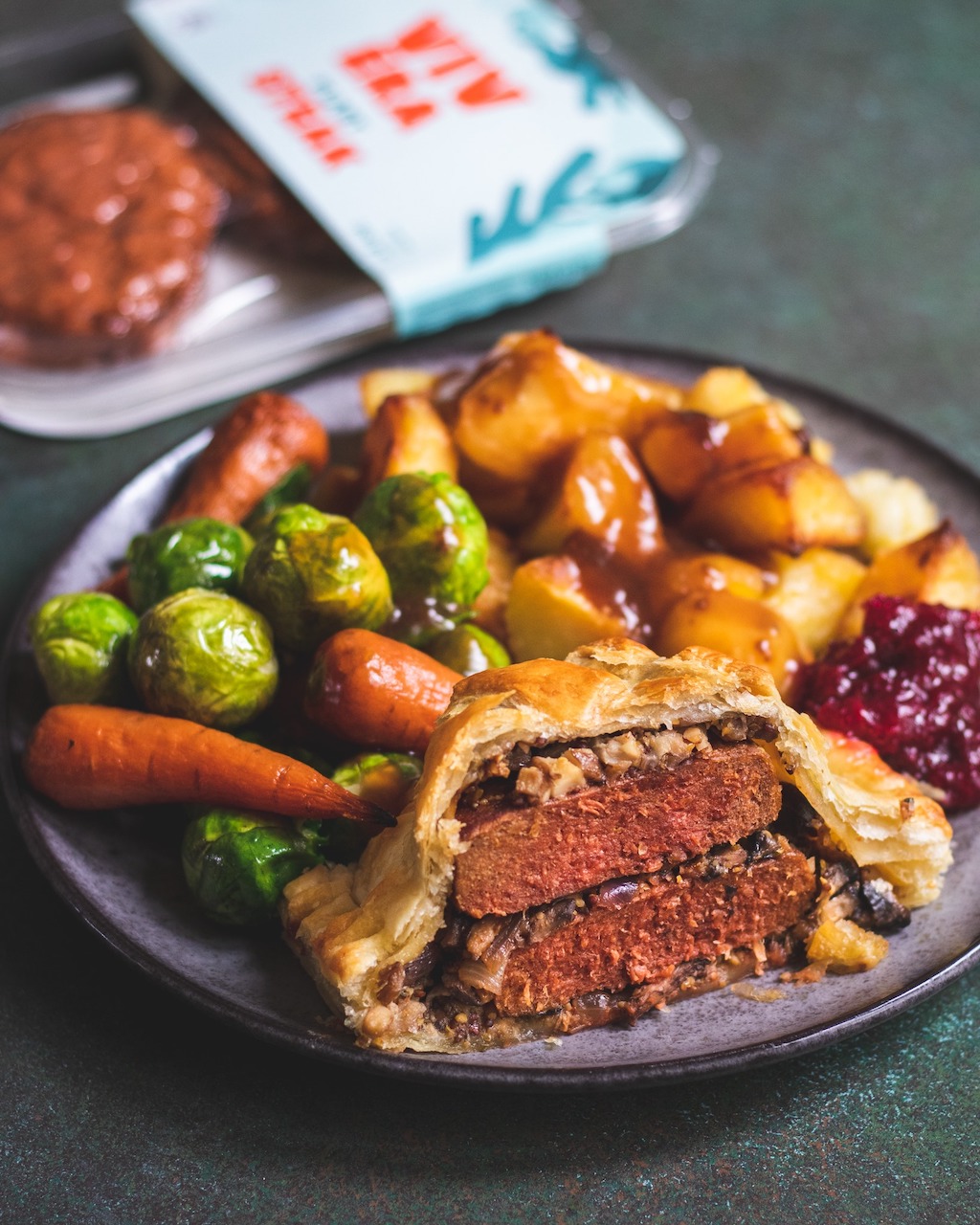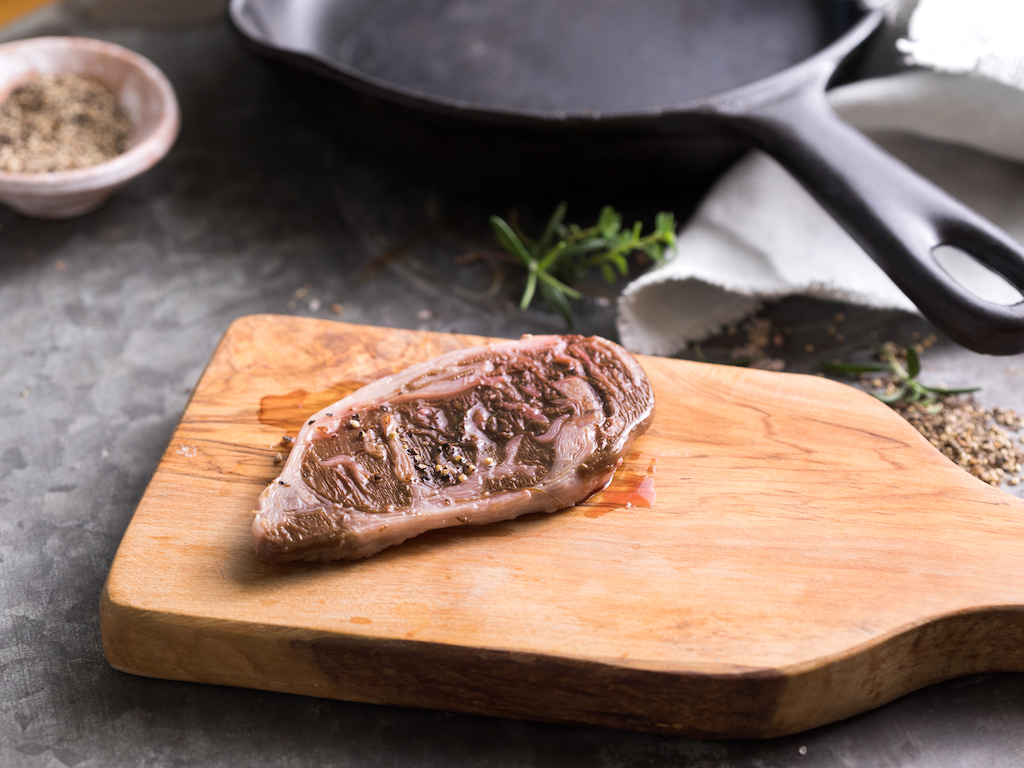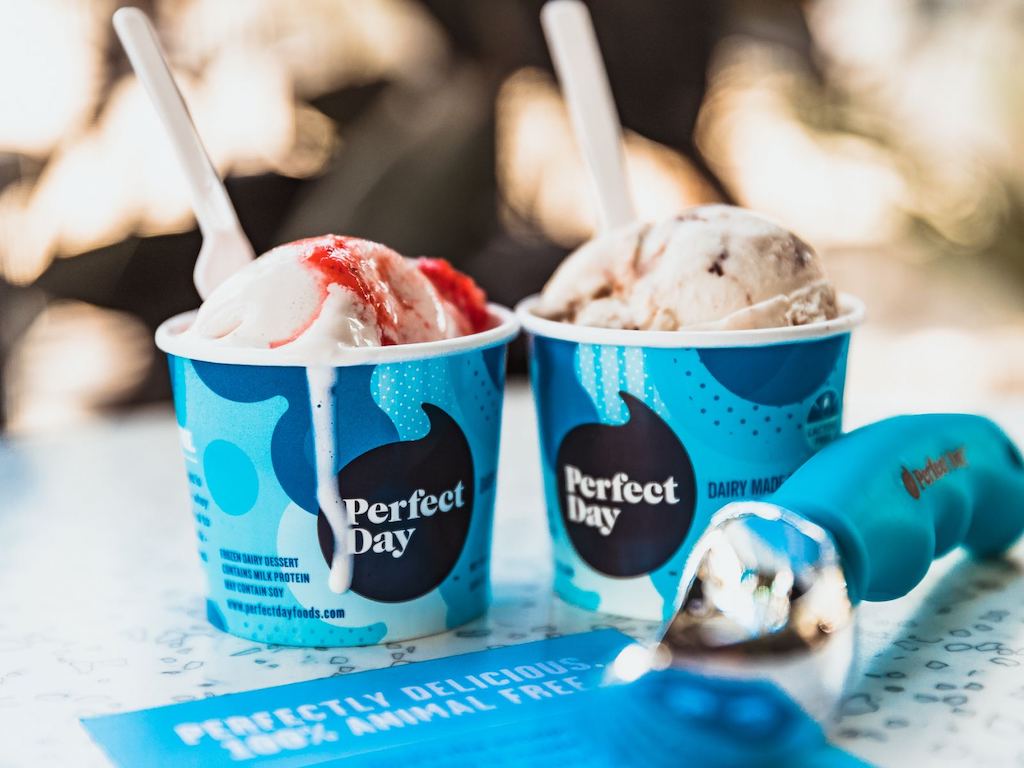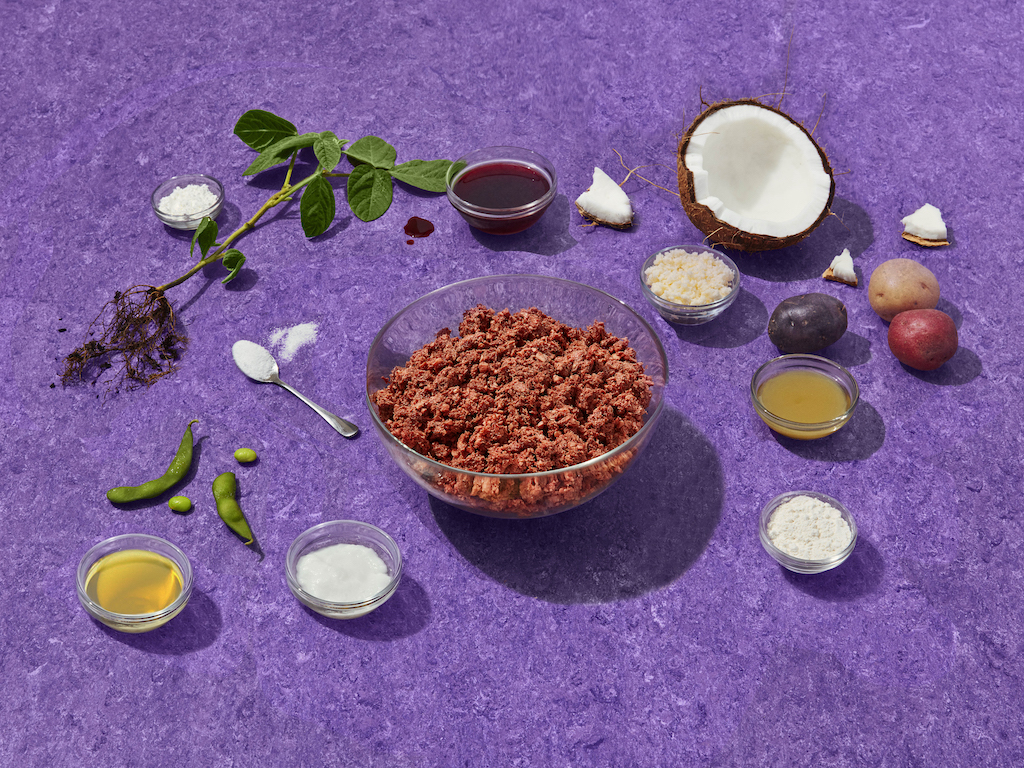4 Mins Read
From food scientists coming up with 3D printing technologies to cell-based startups and big food companies investing in plant-based meat, there has never been more innovation in the alternative protein space. Postgraduate students at Wageningen University & Research (WUR) started to wonder why there wasn’t an official course on this protein transformation we’re seeing. Now, thanks to their work, there will soon be a specialised module on the shift to alternative proteins.
Why isn’t there a course on the protein transition? That’s the question that MSc student Panagiotis Vlachogiannis asked, kicking off his journey into looking for like-minded fellow students at WUR, a renowned food tech hub in the Netherlands, who were also interested in the topic.
“I am very interested in the shift away from traditional animal protein towards alternative protein sources,” Vlachogiannis told Resource, an independent campus magazine at WUR. “WUR is a strong player in the protein transition, but while many relevant courses scratch the surface and discuss parts of it, there was no specialised course that gave a good overview of this field.”

WUR is a strong player in the protein transition, but while many relevant courses scratch the surface and discuss parts of it, there was no specialised course that gave a good overview of this field.
Panagiotis Vlachogiannis
He later found three other students via an online university group and together, they started the Wageningen Alternative Protein Project (WAPP) in the summer of last year. They launched with the support of Stacy Pyett, programme manager of Proteins for Life at the WUR.
“There are five of us now, all from different countries and backgrounds, but with a common interest in making a positive difference to how we feed the world.”
Their top aim was to help the university launch a course on the protein transition and they will soon be able to tick their goal off the checklist, thanks to their hard work convincing teachers and researchers at the university about the gap in the curriculum.

“Some teachers were interested, some were not. Then we talked to Guido Sala in the Food Science and Agrotechnology department. He said “Yeah, let’s do it!” So now the course is coming, hopefully as early as next academic year,” said Vlachogiannis in the interview.
Of course, WAPP also wants to host other fun activities across campus, such as plant-based tastings, talks and discussions about alternative protein, but what they’re really excited about is learning about the ins-and-outs of the alternative protein shift, from the innovative technologies that scientists are now coming up with, to the question of how to get buy-in from mainstream producers and consumers.
In theory we could design this course quite quickly, and if that goes well, we could teach it next year.
Dr. Guido Sala, Teacher, Physics and Physical Chemistry of Foods, WUR
The course will also inform students on a range of alternative protein segments, such as plant-based solutions, cell-based meats, fermentation-based technologies and even insect protein, which though not slaughter-free, is billed as more sustainable than current animal farming.

“All these topics have a place in WAPP and all of them and more should be included in the course that we want to help create,” Vlachogiannis explained.
Right now, Sala, who is helping the students design the course, says that there is a draft framework drawn up and they’re now in the process of bringing different teachers in from various departments.
“To run one overarching course on the protein transition, we need several different teachers. We haven’t found them all yet. But in theory we could design this course quite quickly, and if that goes well, we could teach it next year,” he told Resource.
While this course will be among the first in the world focusing on the topic of the alternative protein transition within a university setting, there are now more education materials available as awareness and interest in the issue continues to grow. Last year, a new free online course to introduce people to cellular agriculture was launched, and there are also existing programs being run on plant-based nutrition.
Lead image courtesy of Impossible Foods.




